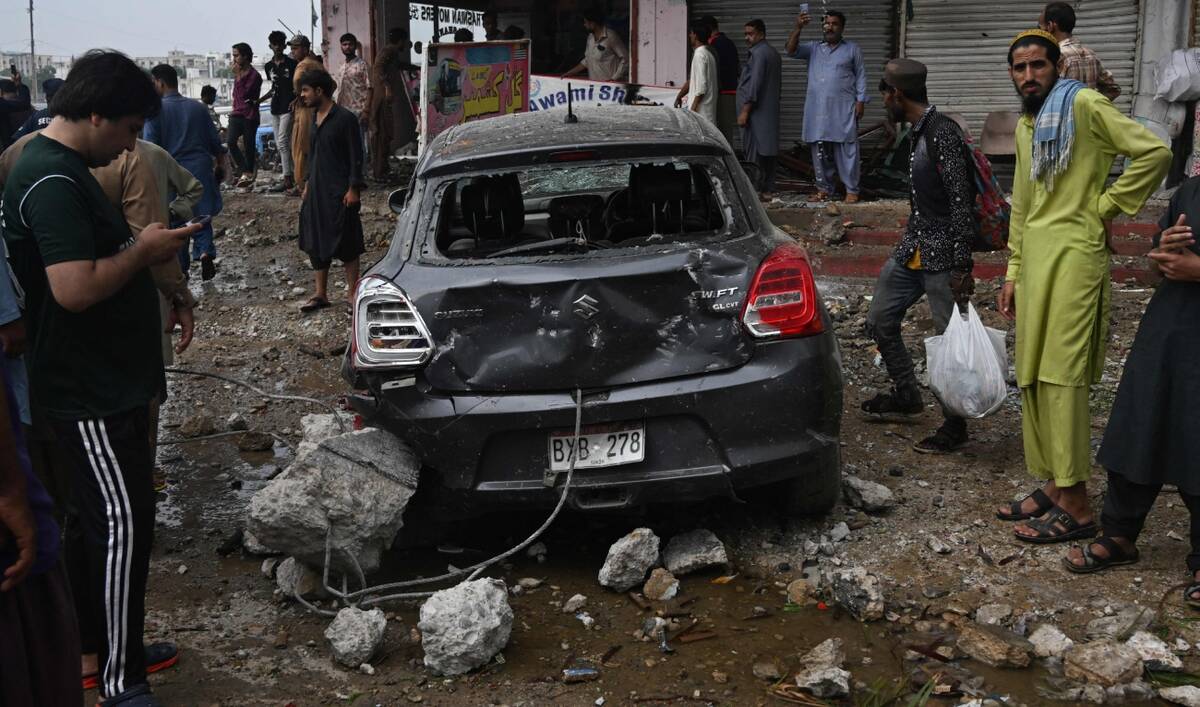ISLAMABAD: US Chargûˋ dãAffaires Natalie Baker met Pakistanãs Railways Minister Hanif Abbasi on Thursday to discuss ways to strengthen Islamabadãs railways and infrastructure to support its critical minerals sector, the US Embassy in Pakistan said in a statement.
Pakistan has attracted interest from Washington particularly over its critical minerals sector. Earlier this month, US Secretary of State Marco Rubio said Washington looked forward to exploring cooperation with Pakistan in critical minerals and hydrocarbons.
In April this year, Pakistan hosted an international minerals summit in Islamabad where top companies and government officials from the US, ôÉâ·òÆóç, China, Turkiye, the UK, Azerbaijan, and other nations attended. The summit aimed to attract foreign investment in the countryãs mining sector, with Pakistan
ãGrateful for todayãs productive meeting with Federal Minister @pakrailpk Hanif Abbasi,ã Baker was quoted as saying by the US embassy on social media platform X. ãTogether, we are exploring innovative ways to strengthen Pakistanãs railways and infrastructure to support the critical minerals sector.ã
She said American companies were ready to provide ãworld-class solutionsã that drive growth and mutual benefit for both countries.
Pakistan is rich in gold, copper and lithium reserves, as well as other minerals.
However, despite being rich in reserves of salt, copper, gold and coal, Pakistanãs mineral sector contributes only 3.2 percent to the countryãs GDP and 0.1 percent to global exports. Pakistan is now aiming to tap into this underutilized potential by attracting investment from global mining companies.
The South Asian nation is home to one of the worldãs largest porphyry copper-gold mineral zones, while the Reko Diq mine in southwestern Balochistan has an estimated 5.9 billion tons of ore.
Barrick Gold, which owns a 50 percent stake in the Reko Diq mines, considers them one of the worldãs largest underdeveloped copper-gold areas, and their development is expected to have a significant impact on Pakistanãs struggling economy.
The meeting between Baker and Abbasi comes amid deepening ties between Washington and Islamabad, ever since US President Donald Trump brokered a ceasefire between India and Pakistan on May 10. Ties between both nations remained frayed under US President Joe Bidenãs administration.
Last month, Pakistan signed a trade deal with the US after which Washington slashed its tariff on Pakistani goods from 29 percent to 19 percent, while Trump imposed double tariffs on Islamabadãs arch-rival India.




















